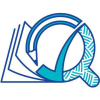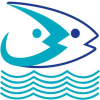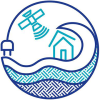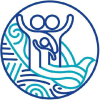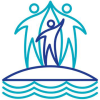Key recommendations
Actions that you can take to support learners, their performance, and Pacific education systems.
The Ministry of Education, Sports and Training (MoEST) is encouraged to support the grade five and grade seven students in reading. PILNA data show that less than half of the grade five and just about half of grade seven students performed at or above the minimum proficiency level for reading. One policy suggestion is for all schools to have a programme where all students drop everything and read. The ministry should also make every effort to strengthen the supply of books to schools.
The MoEST is encouraged to provide professional development in teaching reading for comprehension. PILNA data show that students struggle with reading for comprehension, particularly when they must identify information where there is competing text in the way and when critical analysis is required.
Grade five teachers are encouraged to employ strategies such as educator modelling, think aloud and questioning to teach children how to make inferences when reading. PILNA data reveal that Grade five and grade seven students were able to find information in various types of texts but, when required to infer information from clues in the text, they struggled to do so.
The MoEST is encouraged to investigate and narrow the gap in achievement between boys and girls in numeracy, reading and writing. PILNA has consistently found that girls outperform boys in all the domains. This gender disparity in achievement is a matter of concern as the pattern has been the same for the last four cycles of PILNA.
The MoEST is encouraged to provide supplementary training for teachers in the development and use of classroom-based informal and formative assessment. Teachers are to identify specific needs of students, tailor instruction to meet these needs and monitor the effectiveness of the instruction to optimise student learning.
The MoEST is encouraged to undertake further exploration of the PILNA 2021 cognitive and contextual data sets, along with other relevant data sets, to better understand the challenges facing students and teachers in Marshall Islands. The findings can be used to target support and intervention in the Marshall Islands education system, with the goal of strengthening numeracy, reading, and writing instruction, leading to improved student learning outcomes.
Teachers are encouraged to support grade five and grade seven students in the numeracy concepts of place value, fractions, measurements, and problem solving. The PILNA data highlighted the areas where students struggle, and intervention strategies must be in place to continue to support these students.

